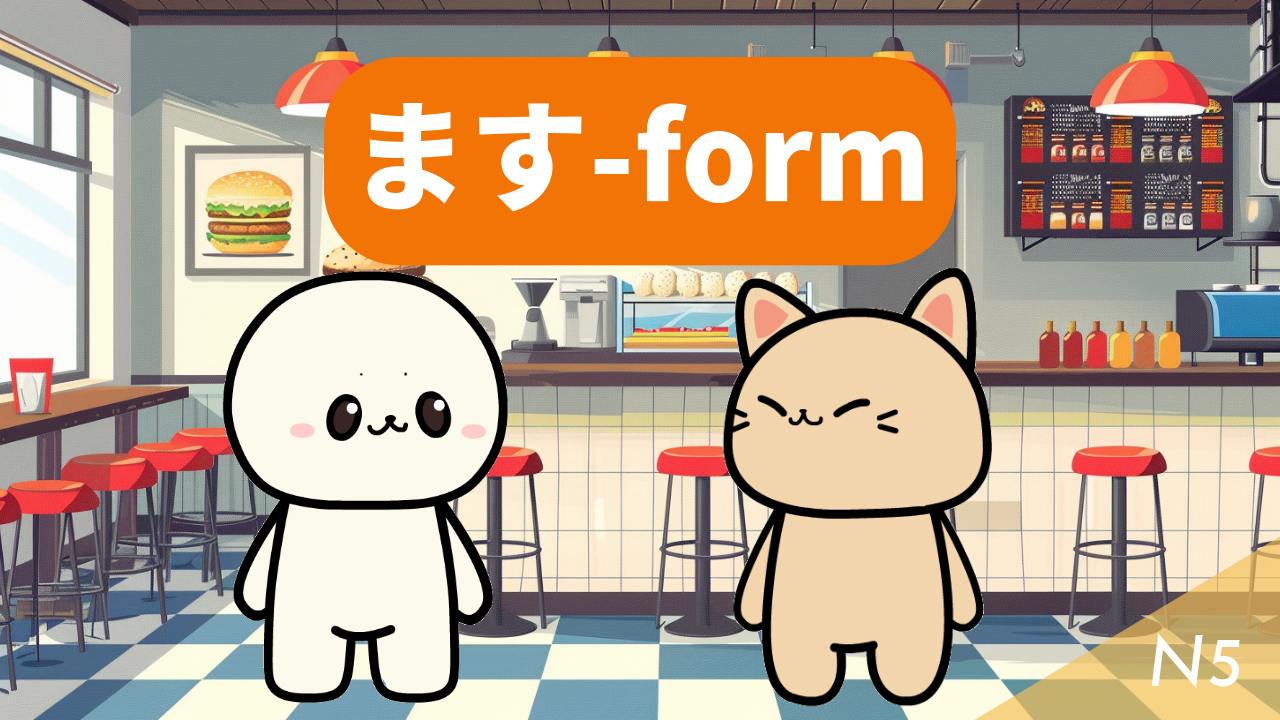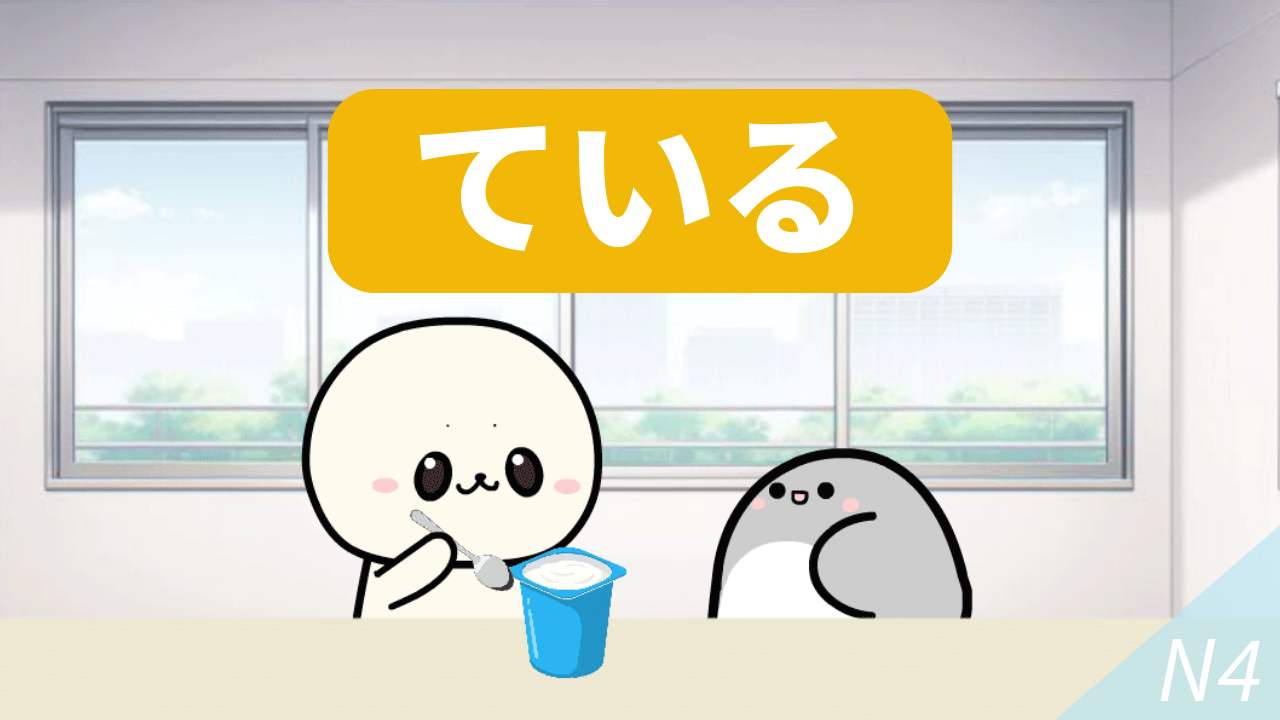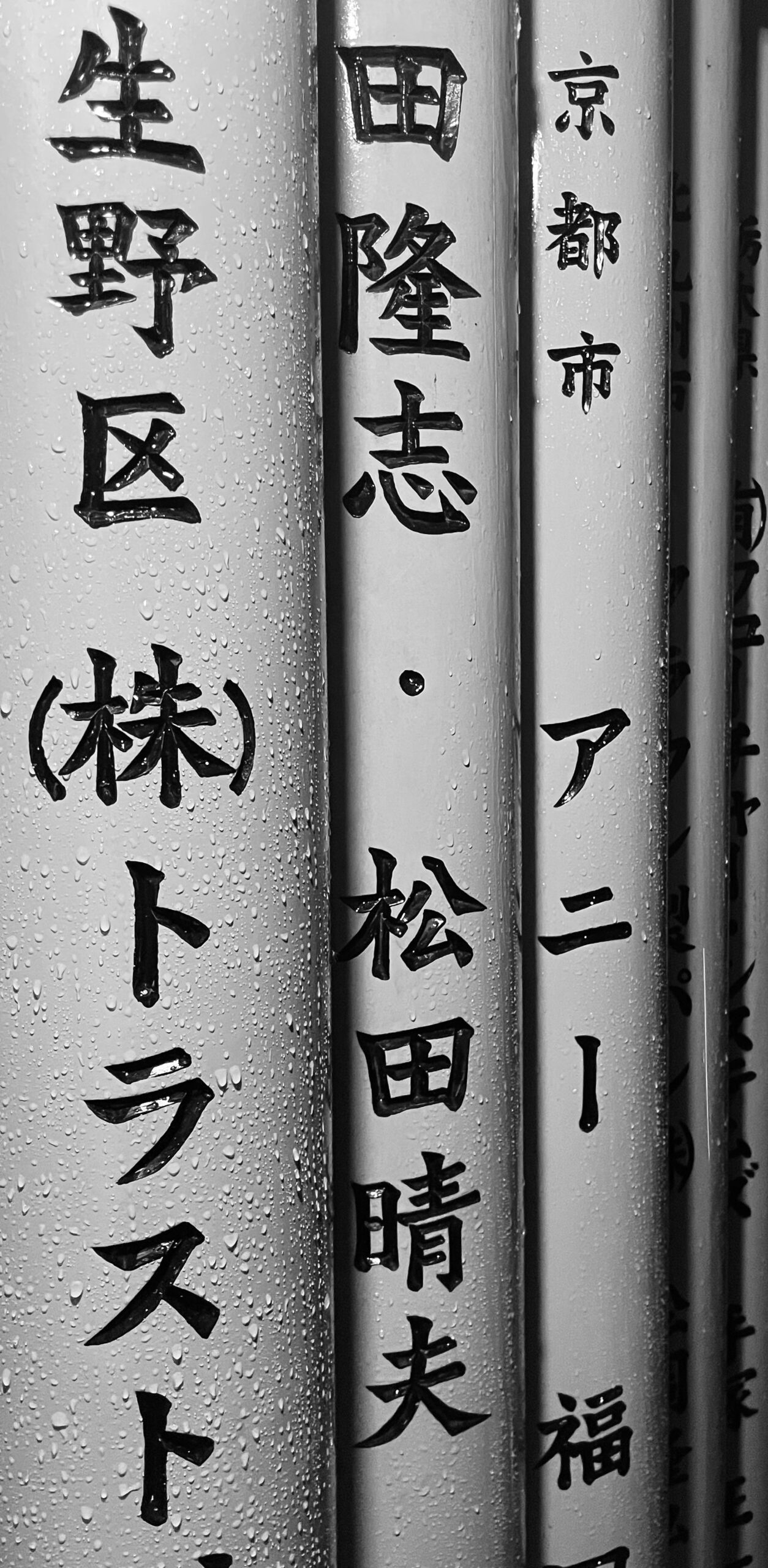-

にゃんこさんはパソコンにくわしいです。 Grammar: わけがない (wake ga nai) Have you ever heard something so unbelievable and you just think “No way!” or “It’s impossible!”?We all do it. In this lesson, we’ll learn how to express that strong disbelief in Japanese. We’ll focus on two phrases: 「わけがない」 and 「はずがない」. Key point: Understanding 「わけがない」 「わけがない」 (wake ga nai) is…
-

好(す)きなことを続(つづ)けていると、難(むずか)しいこともできるようになりますね。 Grammar: ようになる (youni naru) 何かができるようになるとうれしいですね。 Change is constant, isn’t it? We learn new things, develop new habits, and the world around us shifts. In Japanese, the phrase ようになる is used to express change. Key point: Understanding 「ようになる」 ようになる is a wonderfully versatile Japanese phrase that is good at expressing the idea of change and…
-

いつもまじめなにゃんこさんは、忘れ物が心配で使うものは全部持ってくるようにしています。 Grammar: ようにする (youni suru) Key Points Have you ever found yourself in a situation where you decided to start doing something and have kept it up ever since? Or perhaps you’ve regretted something and, as a result, made a firm decision to always prepare in advance since then? When you’re talking about these kinds…
-

The ます form is the standard polite form of Japanese verbs and is essential for everyday conversations. You probably already know ありがとうございます which means “Thank you” and this ありがとうございます has ます in it.Since politeness holds great importance in Japanese social interactions, we start learning Japanese verbs in polite expressions. Let’s dive into the world of…
-

Grammar: ている (te iru) Key Points ている is one of important expressions using て-form.ている is mainly used to describe actions in progress, ongoing states, habits, and “on” states. Meanings Sentence Construction Use the te-form of the verb before “いる” (iru). Example Sentences 週末はよく映画を見てる (Shuumatsu wa yoku eiga o miteru) – I often watch movies on…
